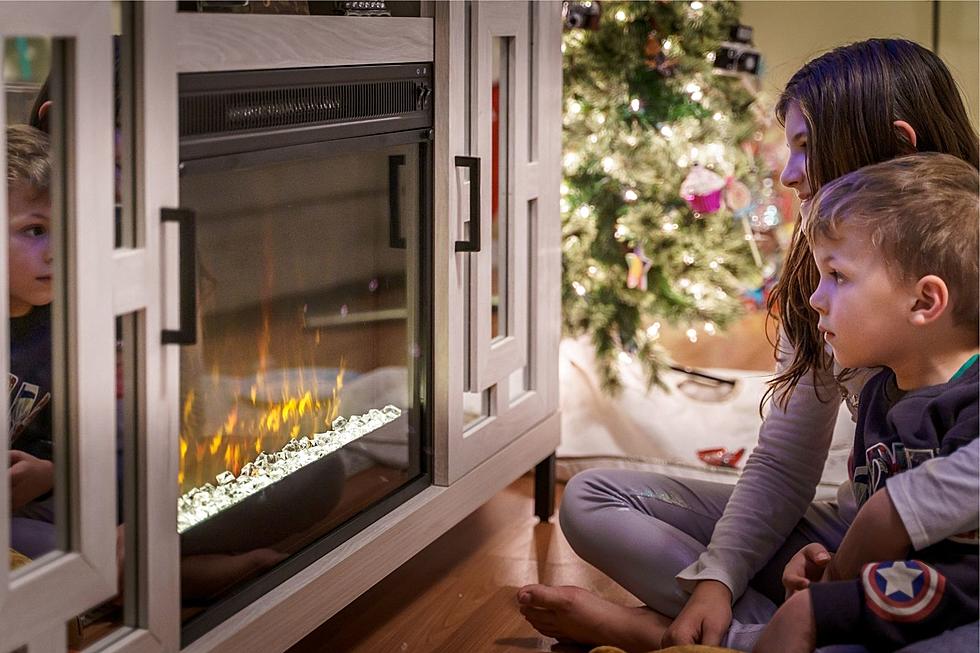
Yep, Twin Falls Feels Like It’s Melting, Excessive Heat Warning This Week
That feeling you have been having lately when you walk out of the house and try to mow your lawn or enjoy some summer fun, the excessive sweating, feeling like your melting sensation, yep, that is the Excessive Heat Warning. It will be in effect until at least Wednesday with another warning expected by the end of the week.
Excessive Heat Warning in effect
According to weather apps the Excessive Heat Warning will be in place until Wednesday night at midnight. The temperatures will be anywhere from 98 to 107 degrees. Humidity will also play a factor in the heat. More triple digit heat is expected for Thursday, Saturday and Sunday. Maybe even spanning into next week
Difference between Warning and Watch
An Excessive Heat Warning means to take action. It is going to be hot so take necessary measures in your home to make sure you stay safe.
An Excessive Heat Watch means to be prepared. Take precautions and get ready for the heat to be there within 24 to 72 hours.
A Heat Advisory is issued within 12 hours of the onset of extremely dangerous heat conditions. That means it is coming real quickly.
So we are in a warning. That means take action to make sure that you do not suffer from heat induced illness.
Take Action
Make sure that you drink plenty of water, stay in the air conditioned room and stay out of the sun, especially if you are sensitive to heat. Check on the neighbors and your relatives. Children and pets should not be left in unattended vehicles.
Signs of heat illness
Fainting, excessive sweating, nausea, fatigue, cold skin, dizziness, headache, muscle cramps, confusion, slurred speech and even seizures.
TIPS: Here's how you can prepare for power outages
LOOK: The most expensive weather and climate disasters in recent decades
KEEP READING: Get answers to 51 of the most frequently asked weather questions...
More From Kool 96.5









